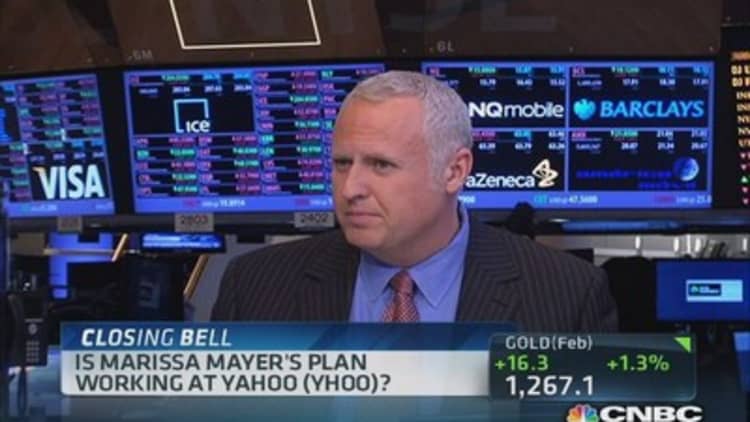Two of China's biggest internet companies – Alibaba and Tencent – are fighting a proxy war over the lucrative mobile payments market by backing rival taxi-hailing apps.
Alibaba has invested in Kuaidi Dache ("Fast Taxi"), while Hong Kong-listed Tencent, the company behind chat app WeChat, backs Didi Dache, whose name translates to "Beep Beep Call a Cab". Taxi apps have become massively popular in China, where traffic congestion on some routes in its sprawling megacities can be so bad that taxi drivers refuse fares to those areas. Tencent and Alibaba executives see an opportunity to use apps that ease rush-hour pain to expand their respective payment networks.
"Cab drivers have been telling me to pay via WeChat, because it now rewards drivers and passengers Rmb10 on each ride," says Sam Sun, a media professional.
Mobile internet payments in China nearly quadrupled between the first half of 2012 and 2013 to Rmb130bn, according to research consultant iResearch.
Alibaba, whose much-anticipated IPO this year could value it at more than $60 billion, is facing slowing growth in its core ecommerce business, according to financial details revealed on Tuesday by its major shareholder Yahoo.
The Chinese group is hoping that its PayPal-like Alipay unit could become a new driver of growth. Since last week, Alipay users have been able to book and pay for cabs in over 40 cities through the Kuaidi Dache app. Alipay is also seeking ways to let Chinese travellers buy airline tickets and pay for food at Chinese restaurants in the US, according to a spokeswoman.

"They are trying to get as many users as possible comfortable using [mobile payments] . . . on a regular daily basis," says Mark Natkin of Marbridge Consulting in Beijing.
But it is far from clear that Alibaba will be able to dominate mobile payments in the same way as it has done in ecommerce – Alibaba's various sites host about 80 percent of China's ecommerce and sales on those platforms comprise about 2 percent of China's gross domestic product.
The biggest obstacle to Alibaba's ambitions is Tencent, which has a market capitalization of $100 billion. It has added a feature to WeChat that lets the nearly 300m monthly users book and pay for cabs on Didi Dache.
More from Financial Times:
BSkyBand Twitter in football tie-up
Cleantech innovation moves into mainstream
Oracle overtakes IBM in software race
Both Didi and Kuaidi, which also compete with a number of other Chinese taxi apps, have been marketing their service aggressively. "I tend to choose Kuaidi as Alipay is more convenient," said Wang Chen, a finance worker in Beijing.
Alipay has a market-leading 50 percent share of online payments in China, against Tencent's 20 percent, but WeChat's big user base makes it a formidable challenger. Already, WeChat has drawn users away from Sina Weibo, a microblog in which Alibaba has a minority stake.

